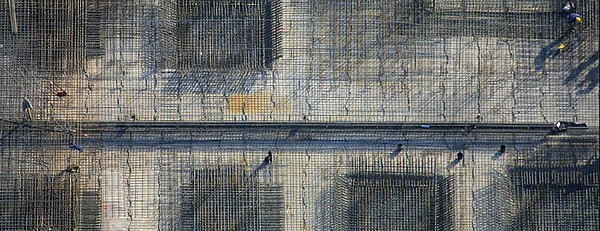
Adjudication is an out-of-court settlement procedure which the parties are free to agree on. The adju-dication modalities are regulated in the contract. Quite frequently, interdisciplinary expert committees are already appointed upon contract conclusion, consisting of engineers and attorneys as adjudicators, but individual adjudication may also be considered. The adjudicators will make decisions within a short period of time, which have a preliminarily binding effect for the parties involved and can be contested at a later stage, as the case may be. Thus, the most important project target can be reached: Decisions are made and the building site is set in motion again. Adjudication solves conflicts before an inextricable thicket of claims and counter-claims emerges, paralysing the projects for months or even years.
Great Britain is the pioneer of adjudication. The adjudication procedure was legally anchored in the Housing Grants, Construction and Regeneration Act in 1996 and in the meantime is widely regarded as a success story. The number of construction disputes could be significantly reduced in the UK which resulted in cost saving for the parties and a relief of the courts.
Adjudication is also on the rise in Germany. An increasing number of construction contracts contain respective adjudication rules. Moreover, the reform commission ‘construction of large projects’ estab-lished by the Minister of Transport expressly recommended adjudication in their final report of June 2015 as an out-of-court settlement method. We assume that adjudication will also be legally embed-ded in Germany in the next few years.
In any event, adjudication is here to stay in the German contracts practice. In many construction contracts, clauses are included in order to solve conflicts by adjudication in the event of disputes. The advantages of adjudication are obvious: